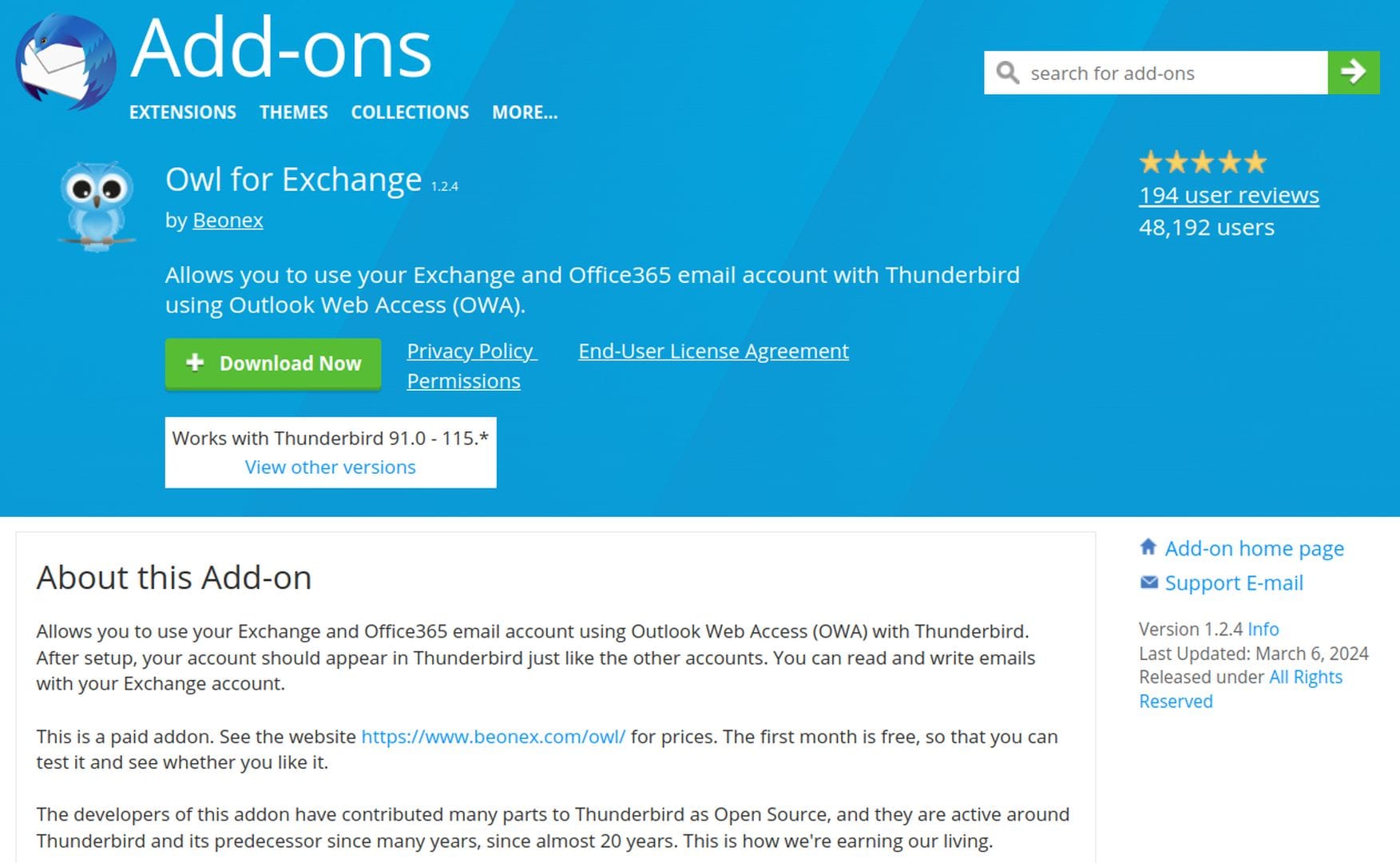
In summary
Supporters of a California trans youth ballot measure wanted to change the name assigned by the attorney general, but a judge said no.
A group working on a fall ballot initiative that would limit the rights of transgender students lost a round in court Monday when a judge sided with the state in its description of the measure.
Sacramento County Superior Court Judge Stephen Acquisto ruled that Attorney General Rob Bonta’s title, “Restricts Rights of Transgender Youth,” is a fair description of the initiative, which would require schools to notify parents if a student identifies as transgender, ban gender-affirming care for those under 18 and place other limits on students who identify as a gender other than what they were assigned at birth.
The ruling is a setback for the group, dubbed Protect Kids California, as it tries to meet a May 28 deadline to collect 550,000 signatures to qualify for the fall ballot. The group has so far raised just over 200,000 signatures, organizers said.
Protect Kids California, led by Roseville school board member Jonathan Zachreson, put forth the initiative in November, calling it the “Protect Kids of California Act,” but a day after the group filed its paperwork with the Secretary of State, Bonta gave the initiative a new name and summary. The new name, Restricts Rights of Transgender Youth, and description made it harder to collect signatures and donations, Zachreson said, leading the group to sue for a name they said would be more reflective of the initiative’s goals.
It’s not unusual for groups to sue the state attorney general over ballot initiative language, in hopes of getting a more persuasive name or summary. Ballot language can significantly influence voters’ opinions of initiatives, according to polling by the Public Policy Institute of California, especially among voters who aren’t well informed on issues. Judges usually side with the attorney general, citing a state election code that says the court should overturn the attorney general’s ballot language “only upon clear and convincing proof that the material in question is false, misleading, or inconsistent.” As Sacramento Superior Court Judge Laurie Earl put it in 2020, “The court is not a copy editor.”
Beyond the current initiative, challenges to LGBTQ student rights have been erupting at school boards up and down California for at least a year, largely at the behest of Assemblyman Bill Essayli, a Republican from Riverside. Essayli proposed a bill in 2023 that would require schools to notify parents about students’ gender identity, and when the bill didn’t get a hearing in the Assembly education committee he took his campaign directly to school boards.
School boards in Chino, Temecula, Roseville, Rocklin and Anderson are among those that have recently passed parental notification policies, stoking the wrath of Bonta and Gov. Gavin Newsom. In September, Bonta sued Chino Valley Unified over its policy, claiming it’s discriminatory, and a judge granted a preliminary injunction in October.
Protect Kids CA originally proposed three separate initiatives addressing the rights of transgender students but last fall combined them into one. If it passes, the initiative would:
- Require students to use bathrooms that align with the gender they were assigned at birth
- Prohibit transgender girls in seventh grade or older from participating in girls sports or other girls-only activities
- Ban gender-affirming health care — including surgery or hormone treatment — for transgender students under age 18, even if parents consent or the treatment is recommended by a doctor
- Require schools to notify parents if students change their pronouns or otherwise signal they identify as a gender other than what’s on their official student records
At a hearing Friday, Zachreson’s group argued that the state’s ballot language is biased and misleading, and doesn’t accurately reflect what the initiative would do. Bonta’s summary says the initiative would require parental notification “without exception,” but Zachreson’s group argued that schools would be required under existing law to not inform parents if students would be subject to abuse or neglect at home as a result.
Attorneys also argued over the definition of “privacy.” The California Department of Education says that students have a right to privacy on issues related to their gender identity. Attorneys for Protect Kids CA argued that the policy was never approved by voters, courts or the Legislature, and in fact federal law says parents have a right to view student records.








